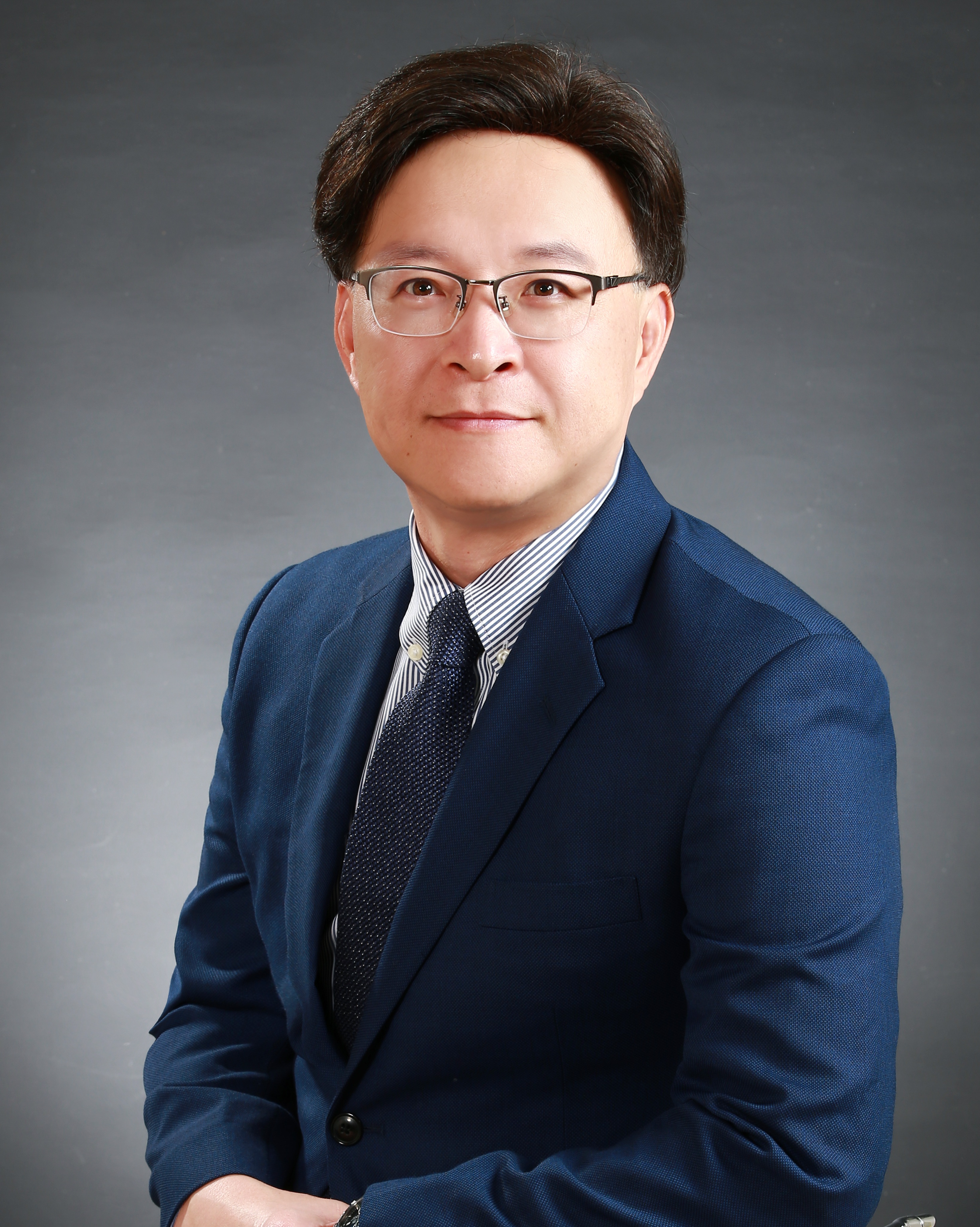Yi-Hsiu Huang
Dr. Eric Y.H. Huang currently serves as Chief of the Department of Urology at Taipei Veterans General Hospital and as an Associate Professor at the School of Medicine, National Yang Ming Chiao Tung University. He is also a Director of the Taiwan Urological Association.
Dr. Huang earned his M.D. and completed his Ph.D. in Biomedical Engineering at National Yang-Ming University. He completed his surgical and urological training at Taipei Veterans General Hospital, where he continues to contribute as a senior clinician and educator.
In 2010–2011, Dr. Huang was a visiting scholar at the USC Institute of Urology in Los Angeles, where he received advanced training in laparoscopic and robotic surgery. This international experience significantly shaped his clinical expertise and helped advance the application of minimally invasive surgical techniques in Taiwan.
Dr. Huang’s academic career includes over a decade of teaching, with appointments at National Yang Ming Chiao Tung University. He is a dedicated peer reviewer for numerous international journals and an active member of several professional societies, including the Endourological Society and the Taiwan Urological Society.
With a career that bridges clinical excellence, surgical innovation, and academic leadership, Dr. Huang continues to play an influential role in the development of modern urologic surgery and medical education in Taiwan and beyond.
15th August 2025
| Time | Session |
|---|---|
|
13:30
15:00
|
Advancing Focal Therapy in Localized Prostate Cancer: From Patient Stratification to Post-HIFU Management
TICC - 1F 101B
|
|
13:30
15:00
|
Novel Advances (A): Prostate
TWTC - 1F Exhibition Hall
|

